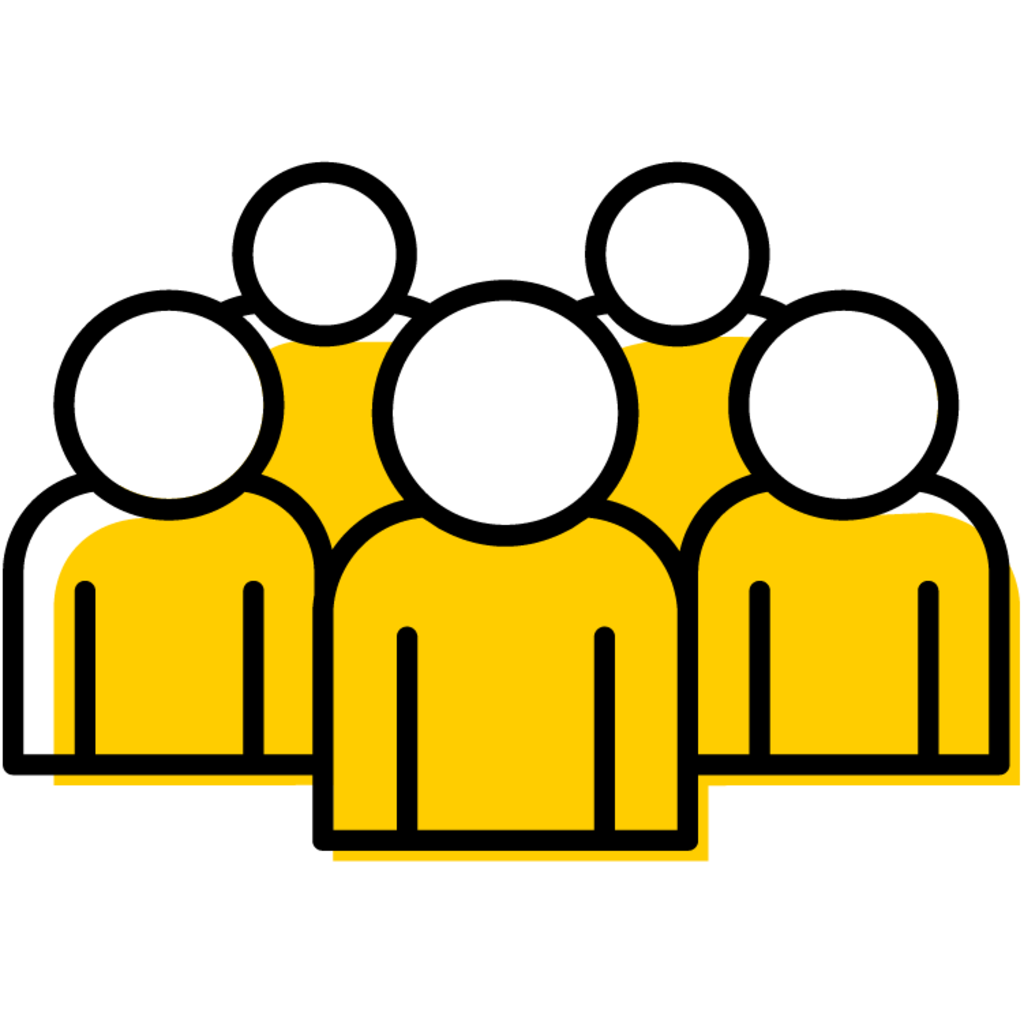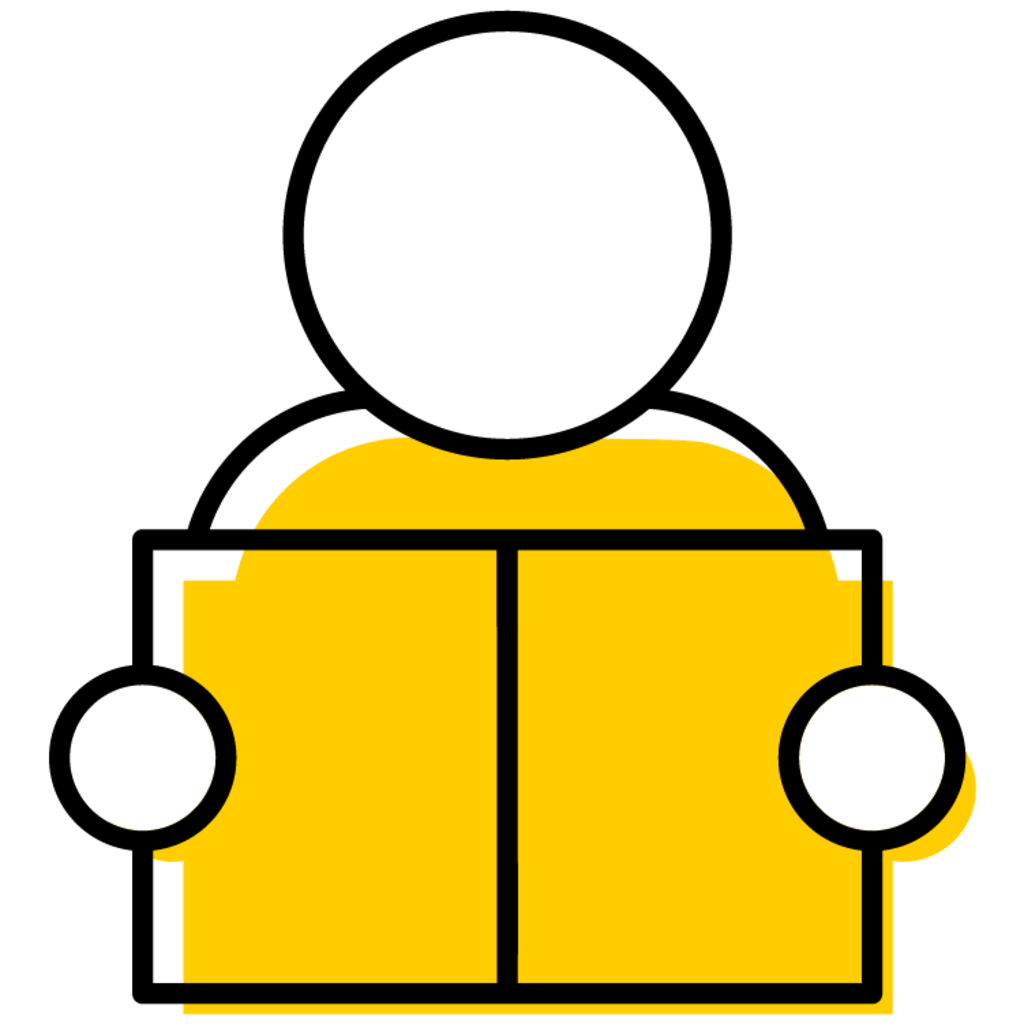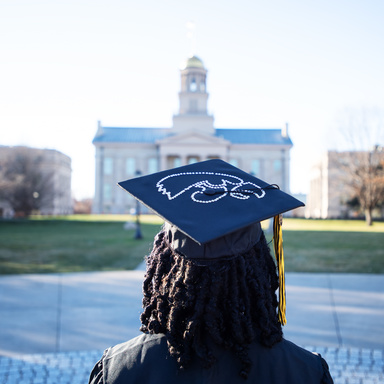
Student Narrative
About 1 in 5 undergraduate students at the University of Iowa identify as a first-generation college student.

Academic Profiles
The academic profile of new, first year first-generation students is comparable to the profile of continuing generation students in terms of average ACT score and high school GPA.
First-gen students bring many assets to college!
First-gen students' tremendous contributions to the University of Iowa, both inside and outside of the classroom, enhance and improve our community! In addition, first-gen students have a lot to celebrate, and they bring a remarkable set of assets to college that help them succeed. Many first-gen students exhibit:
- high amounts of resiliency and grit;
- an outstanding ability to navigate systems;
- numerous unique academic and personal experiences and accomplishments to draw from as they navigate campus life and classroom environments;
- a strong desire to create a better world for everyone and to give back to their communities;
- a wide range of lived experiences that, when shared with others, provide educational value, enrich the campus community, and contribute to everyone's learning and personal development.

